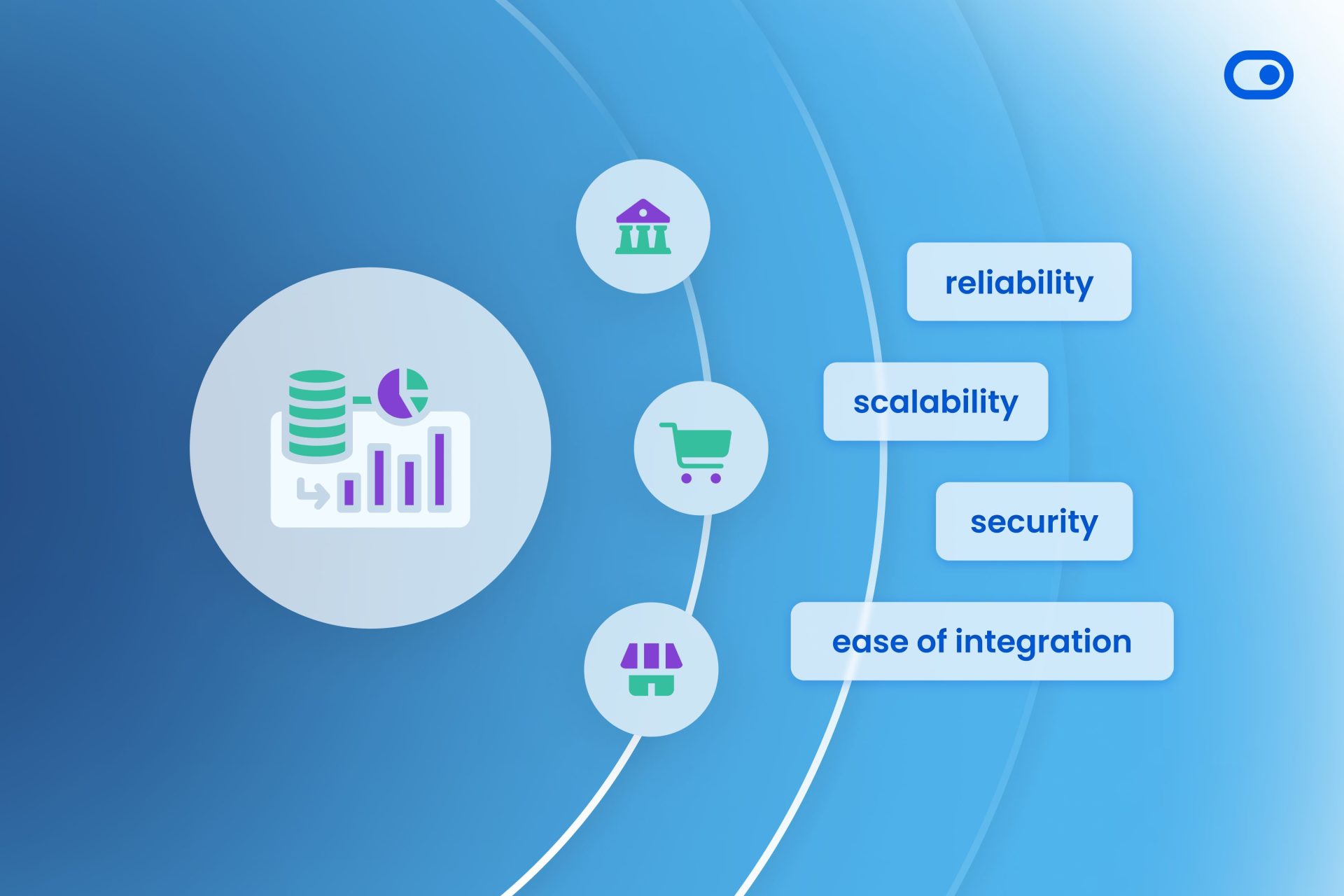The fintech world is advancing at an unprecedented pace, fuelled by real-time payments, blockchain, embedded finance and rising security needs. Businesses that move early can keep up with consumer expectations and strengthen their edge in competitive markets.
With digital wallets, contactless transactions and cross-border commerce becoming the norm, seamless and secure payment systems are essential now. Real-time transactions are expected to exceed 575 billion by 2028, reflecting the rapid evolution of customer preferences worldwide.
To stay ready for what’s next, companies need tools that offer both agility and scale. A good payment gateway provides exactly that, bridging today’s operations with tomorrow’s fintech opportunities. Keep reading to learn how it prepares businesses for the future.
Driving conversions through better checkout experiences
One of the biggest challenges businesses face is cart abandonment. Customers frequently abandon purchases due to failed transactions, slow load times or poor checkout design. A good payment gateway addresses these issues with optimised flows and lightning-fast processing.
Impact on conversions:
- Higher success rates through instant retries on failed transactions
- Smooth customer journeys that mirror global e-commerce standards
- Reduced revenue leakage thanks to uninterrupted checkouts
By focusing on user experience, businesses can convert more browsers into paying customers, an essential advantage in the competitive fintech future.
Why payment gateways matter
A payment gateway serves as the digital bridge between businesses and customers. It securely transmits payment data, validates transactions and ensures funds reach the merchant’s account. But the role of a good payment gateway extends beyond security and processing. It offers scalability, supports multi-mode payments and integrates with advanced fintech solutions.
With commerce shifting to digital-first experiences, gateways are increasingly responsible for:
- Reducing cart abandonment through seamless checkout flows
- Offering flexible EMIs and affordability options
- Supporting multiple payment methods in one transaction
- Ensuring real-time transaction tracking and high success rates
- Delivering customer trust through strong security protocols
Supporting multi-mode payments
Future fintech will be defined by flexibility. Customers want the freedom to pay using cards, UPI, loyalty rewards or even a mix of methods in one transaction. A good payment gateway provides this flexibility, ensuring no customer is turned away due to limited payment options.
Benefits for businesses:
- Reduced drop-offs caused by insufficient balance on a single payment method
- Higher order values with split payments
- Greater customer satisfaction by matching the flexibility offered by large e-commerce players
By supporting multi-mode payments, businesses future-proof their operations for a world where customer choice drives loyalty.
Enabling scalability with growing volumes
As digital payments continue to rise, transaction volumes are set to grow exponentially. Businesses that rely on outdated gateways risk downtime, failed transactions and lost revenue. A good payment gateway ensures high uptime, smart routing and multi-acquiring capability to handle spikes in demand.
Why it matters:
- Resilient infrastructure supports uninterrupted sales during peak seasons
- Smart routing across acquiring banks ensures higher transaction success rates
- Real-time transactions improve the overall customer experience
Scalability is essential for businesses preparing to expand into new markets or adopt emerging digital payment trends.
Integrating with fintech innovations
A good payment gateway is more than a standalone tool. It integrates seamlessly with accounting systems, billing platforms, loyalty solutions and government portals. This interoperability ensures businesses can adopt new fintech features without friction.
Examples of integration benefits:
- Smooth onboarding with ERP or inventory systems
- Instant reconciliation and real-time reporting
- Compatibility with APIs for advanced customisation
- Loyalty programmes and PaybyPoints redemption at checkout
Enabling affordability and flexibility
Affordability is a growing trend in fintech, with customers expecting flexible ways to pay. Affordability suites are competitive necessities. A good payment gateway equips businesses with these tools, helping them match the offerings of larger competitors.
Business outcomes:
- Wider customer base by making products more accessible
- Improved retention through repeat purchases
- Higher order values thanks to flexible payment schedules
This trend will only accelerate as fintech platforms expand their credit and affordability offerings.
Strengthening security and trust
Fintech adoption depends heavily on trust. Customers will not embrace new payment methods unless they feel secure. A good payment gateway ensures advanced security protocols like tokenisation, encryption and fraud detection systems.
Key benefits:
- Reduced fraud risk with PCI DSS compliance
- Real-time monitoring for suspicious activity
- Greater customer confidence in digital payments
As cyber threats evolve, security will remain a defining feature of reliable gateways. Businesses with secure systems in place will have a competitive edge in adopting fintech innovations.
Preparing for global expansion
Many fintech trends, such as digital currencies and cross-border wallets, are shaping the market on a global scale. Businesses looking to scale internationally require a solution that enables transactions in multiple currencies and provides conversion.
Advantages for global readiness:
- Accepting international cards without friction
- Transparent settlements across geographies
- Building credibility with international customers
Align with the digital economy through payment gateways
Emerging technologies such as real-time payments, blockchain and embedded finance are reshaping business operations. To stay competitive, organisations need agility supported by the right tools that make transactions seamless, secure and scalable..
For companies of all sizes, this is a necessity to remain competitive in an evolving digital economy. A good payment gateway ensures businesses are prepared for these shifts by aligning operations with future demands while meeting today’s customer expectations.
As digital commerce evolves, businesses are turning to reliable payment solutions. Online payment gateways such as Pine Labs Online are helping them scale with confidence.
Source: https://www.acuitykp.com/blog/the-rise-of-real-time-payments-transforming-global-transactions/

